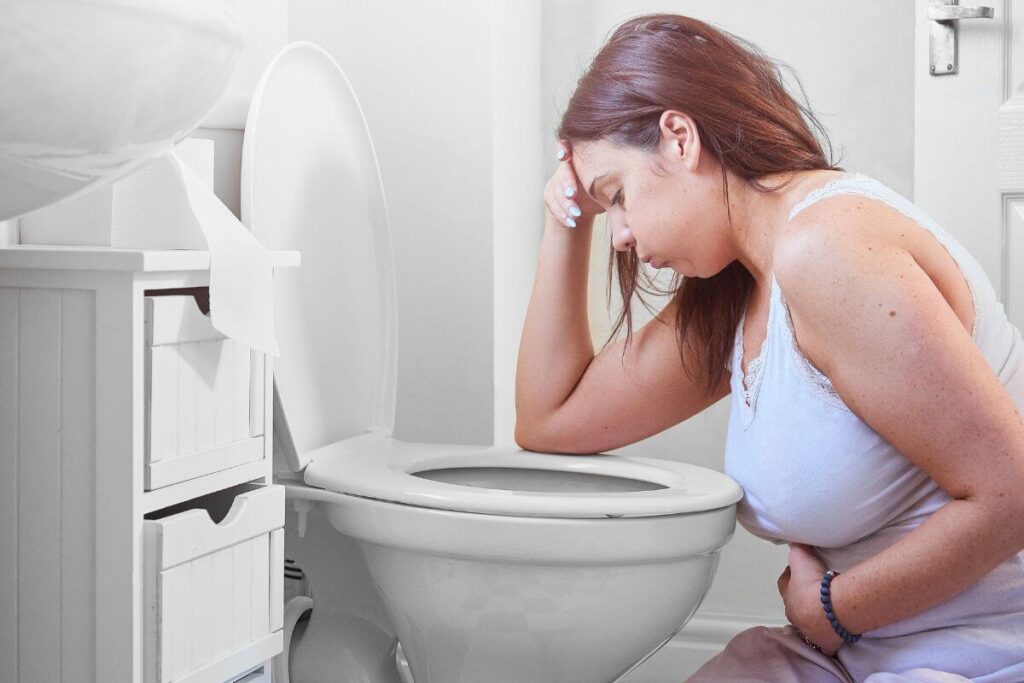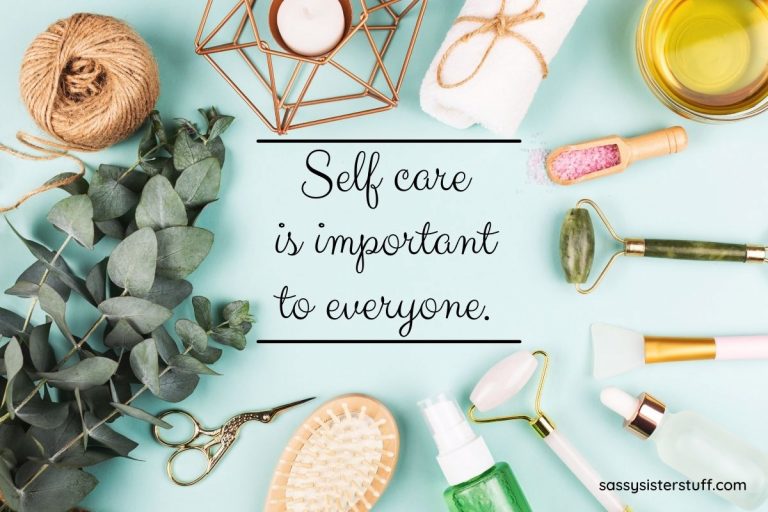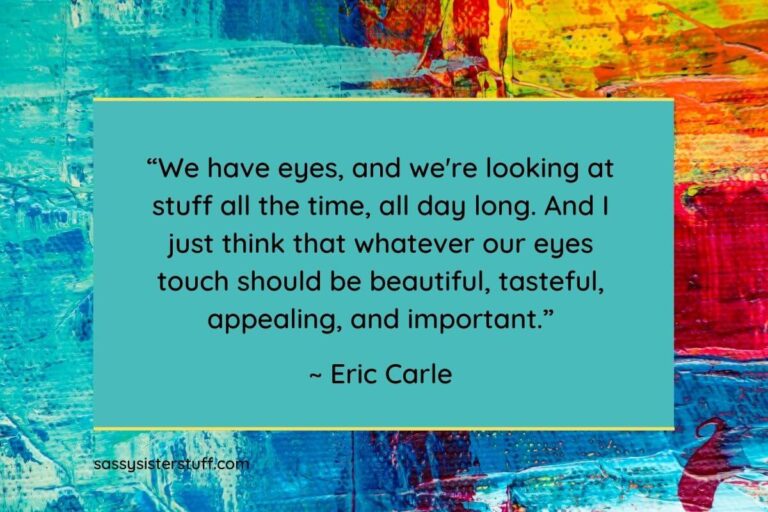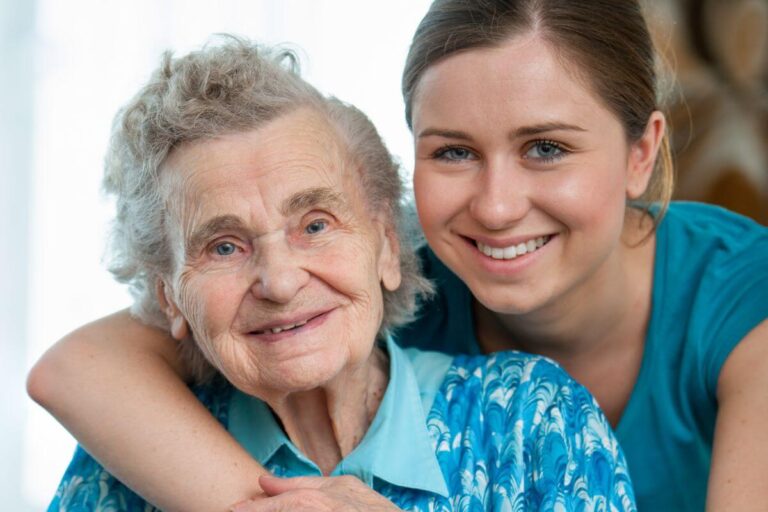Why Are Healthy Coping Skills Important in Life?
In this article, we will explore the answer to, “Why are healthy coping skills important in life?” Plus, we will also do a deep dive into, “How do you develop positive coping skills?”
We all face stressful situations that test our patience and frustration levels daily. In fact, sometimes multiple times a day, right? Therefore, we need to develop healthy ways to deal with these challenges and deal with the feelings of overwhelm due to stress and chaos.
Coping skills, sometimes called coping strategies, techniques, or mechanisms, are things you consciously do to help preserve your mental health and wellbeing when negative emotions are trying to take over your mind because of stressful events in your life.
A healthy coping strategy is an effective way to calm your mind, reassess the situation, and figure out how to deal with the problem in a sane and rational way. This would be as opposed to going ballistic in the mall or on your child’s athletic field.
So let’s take a closer look a why healthy coping skills are important in life.

Related Article: How to Survive Major Transitions in Life
What Are Coping Skills?
Coping skills are thoughts and actions that you use to deal with stress and tough times in your life. Healthy coping strategies typically focus on emotional, cognitive (mental), physical, or spiritual health.
Ideally, you would develop a set of positive coping mechanisms that are comprehensive, broad-ranged, and rooted in one or more aspects of health mentioned in the previous paragraph.
Effective coping skills help you deal with the psychological stress that happens along your journey of life.
The Difference Between Healthy and Unhealthy Coping Skills
Unfortunately, not all coping skills are healthy. Some unhealthy coping skills can actually lead to negative consequences down the road, such as addiction, weight gain, and violence. Sometimes it’s the only way a person has learned to deal with problems.
These behaviors are considered maladaptive coping mechanisms that truly make any situation worse rather than better, such as substance abuse. Unhealthy coping skills might appear to give you quick relief, but they make matters worse in the long run.
Here is some examples of unhealthy coping skills:
- overconsumption (eating, drinking alcohol, shopping, social media, spending money, etc)
- substance abuse (tobacco, illegal drugs, prescription drugs, etc)
- violence (physical, verbal, self-injury, etc)
- undereating (as a means to control one’s life when it feels out of control)
- negative self-talk
- avoidance (people, places, situations, etc)
Since we live in an increasingly stressful world, it’s important to develop a robust set of healthy coping skills to help you handle challenging situations. Healthy coping mechanisms are behaviors such as taking deep breaths or counting aloud to 10 to give yourself time to calm down.
Positive coping skills help you reduce the immediate emotional discomfort while also setting you up for future success dealing with stress and overwhelm. You can develop healthy coping skills by practicing such habits as mindfulness, positive self-talk, and breathing exercises.

Why are Healthy Coping Skills Important?
Healthy coping strategies help you tolerate, minimize, and deal with stressful situations in life. It’s important to manage your stress because it can negatively impact your physical and mental health.
Coping skills help increase your resilience because you learn to handle negative emotions, panic attacks, difficult situations, life transitions, and other challenges better. When you are able to effectively handle a problem, you can let go it the negative feelings and move forward from the experience.
There isn’t one coping strategy that will work for every difficult situation or negative experience. Sometimes you may even need to tackle a problem with a variety of coping skills. But it’s best to develop many healthy coping skills to give yourself options.
Healthy coping skills give you a strong foundation for taking good care of yourself, managing your stress, and securing your inner peace. If you have a variety of coping methods to use in stressful situations, you’ll be better prepared to deal with even the most unexpected challenges.
How to Develop Positive Coping Skills
There are many actions you can take to help develop strong and healthy coping skills in preparation for those times when life becomes overwhelming or stressful.
Some of these actions are simple mindset shifts that will help you accept and work through the process of acceptance when faced with difficult situations. Some are self care practices and tools that will help you improve your emotional, mental, physical, and spiritual wellness so you can deal with stress better.
All of these actions together will help you build an arsenal of healthy coping skills that will get you through any moments of overwhelm, stress, or frustration in life better.
Emotional- and Cognitive-based Healthy Coping Skills
Coping skills that are rooted in emotional or cognitive health aim to reduce negative emotions and help you deal with the difficult emotions generated from a stressful situation. We need to know how to protect our peace of mind. These are some positive coping strategies that will help you deal with negative events.
— Grow Through Life Transitions
Develop a mindset that major life transitions and changes provide you with an opportunity to reassess your life and actively make desired changes instead of just letting life happen around you. It’s a chance to grow and learn and take charge of your life. Grow through every transition. Think about what you’ve learned from other life transitions and how you’ve overcome fears.
— Identify Your Core Values
Identify your core values in life and know what you want without compromise. Knowing what you want leaves less room for stress or overwhelm when faced with stressful situations. You’ll be more emotionally grounded and able to handle things successfully.
— Accept that Change is Normal
Accept that change is a normal part of life and things are going to happen beyond your control. In other words, be prepared for change — unexpected and expected. People who have this attitude are better able to cope with the stress of transitions and change. These people are able to be more productive and responsible during stressful times.
— Acknowledge and Express Your Feelings
Practice identifying and expressing your feelings openly and honestly. It’s human nature to want to avoid feelings of fear and anxiety, but you’ll be able to cope better during difficult times if you are able to acknowledge and express your feelings.
Make it a habit of writing down your thoughts in a daily journal, and talk with a family member, trusted loved one, or counselor. You will have more power over your feelings of stress and anxiety if you make a habit out of dealing openly with your emotions.
— Get to Know Yourself Better
Develop a regular practice of getting to know yourself better. Do some important self-reflection. You can do this through meditation, journaling, yoga, counseling, mindfulness, etc. Get to know your strengths, weaknesses, desires, and needs. Learn more about yourself and what makes you happy. The better you know yourself, the better you can handle times of stress and overwhelm.
— Learn to Laugh More
Sometimes it can be difficult when children are running around squealing and spilling juice on the furniture. But honestly, will it matter in 20 years? You only have a certain amount of time in life with these children who are driving you crazy today, so why not laugh and enjoy all the moments with them? Laughter is good for the soul, so take advantage of it and learn to laugh more.
Watch more “Friends” and “The Golden Girls” reruns on television — you know you’ll laugh at them! It’s a great way to reduce your stress and you’ll be developing improved coping skills for the next time you’re stress or overwhelmed.
Related Article: 10 Simple Ways to Find Your Zen In the Chaos of Life
Physical-based Healthy Coping Skills
These healthy coping skills focus on behaviors and actions to relax your body. Stress leads to muscle tension and other physical ailments, so finding ways to relax the body will help reduce your overall stress and negative feelings when dealing with a problem.
— Progressive Muscle Relaxation
The practice of progressive muscle relaxation can help keep you focused on your body instead of your emotional overwhelm and it reduces the stress in your body. During this relaxation technique, you tense a group of muscles while breathing in, then relaxing the muscles when you exhale. You continue until you have tensed and relaxed each group of muscles from the top of your body to the bottom. You can also do a form of this relaxation technique through visualization.
— Deep Breathing Exercises
Conscious deep breathing exercises are done by taking deep breaths in through your nose so that your belly expands and then exhaling slowly through your mouth. Some people count while they do this. Deep breathing exercises help improve mood and attention, and decrease stress hormone levels that keep your body tense.
— Manipulate a Stress Ball (or play with a fidget toy)
Playing with a stress ball, or a fidget toy, or even playing in Kinetic Sand will help calm your mind and keep your body from reacting to your emotional stress levels. This is similar to why we give children with ADHD something to fidget with while they are learning. I’ve found this coping technique works better for some people than others, but it’s definitely worth giving a chance.
— Get Enough Sleep
Sleep is the single most powerful strategy for stress management. In fact, sleep is a great stress reducer because you can manage your stress better when you are well-rested. Following a regular sleep routine calms and restores the body, improves concentration, regulates mood, and sharpens judgment and decision-making skills — so I’m sure you can understand why sleep is so important. You are a better problem solver and are better able to cope with stress when you’re well-rested.
— Move Your Body
Some people believe you have to go to the Gym and exercise for 2 hours for your health. This works wonders for some, but for others it’s helpful to just MOVE YOUR BODY. Go to the pool to splash around or swim; take a walk in the park; go window shopping at the mall. Take a yoga class, or even a photography class where you are going outside to photograph nature.
Do what you enjoy doing to get your body moving. It’s always helpful to do 10 minutes of stretches in the morning when you get out of bed, too. Just MOVE YOUR BODY. It is an excellent stress management technique!
— Rest and Recharge
Many people spend too much time acting like the Energizer Bunny — always going, going, going. But this isn’t healthy for your mind, body, or soul. You need to rest and recharge in order to handle your stress effectively. The presence of stress raises cortisol levels, a hormone that stimulates alertness and vigilance, raising heart rate and blood pressure. This is not a healthy state for anyone. Thus, rest becomes a vital component of stress management and overall wellbeing.
Spiritual-based Healthy Coping Skills
Your spiritual health is your connection to the world around you and your sense of purpose. This can come in the form of religion for some people, but for many others, it might be a connection to something else. Your spiritual health even transcends all other aspects of your wellbeing — physical, emotional, mental, and social.
Your spiritual health helps ensure that your mind, body, and soul are in an optimal state and ready to tackle the challenges of the world, including those that cause stress.
Spiritual coping skills may include:
- daily spiritual affirmations
- prayer
- getting outside in nature to help you stay grounded and connected to your environment
- guided meditation
- listening to music
- journaling
- volunteering in your community
- performing Random Acts of Kindness
- connect with a spiritual adviser or religious leader
You can probably see how some of these strategies for developing good coping skills overlap with the physical, mental, and emotional-based strategies. Interesting, isn’t it?

Final Thoughts: Why Are Healthy Coping Skills Important?
Positive coping strategies are helpful when they reduce the negative effect of stress and overwhelm on your health and wellbeing. Learning new coping skills is an excellent way to be proactive with your emotional health when life throws you curve balls.
You have to be strong in the face of negative events or you run the risk of developing unhealthy coping strategies that can make matters much worse. You need to be prepared and confident with active coping strategies at all times.
Good coping skills are something you will need your entire for problem solving and stress management. The many types of coping skills we’ve discussed in this article will give you a vast array of tools to help with stressful and overwhelming times.
Always be sure to ask for emotional support if you need it!
And don’t forget to drink plenty of water and smile often because a SMILE is always your best accessory!
You may be interesting in these articles too:)
- 21 Practical Ways to Protect Your Energy in Difficult Times
- What is Wellness and Why is it Important?
- 36 Life Hacks for Your ‘I Just Want a Peaceful Life’ Thoughts!
Love to ALL! ~ Susan
Do You Use Healthy Coping Skills to Deal with Stress and Overwhelm?
Please share your thoughts and ideas in the comment section below:)








